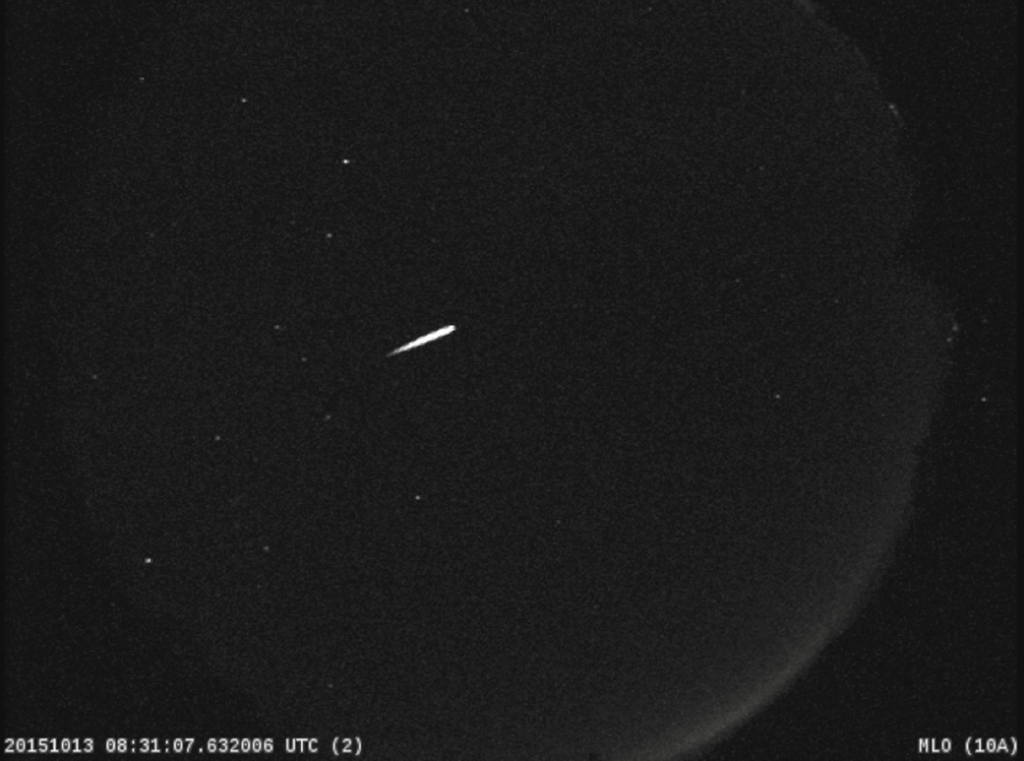The Orionids meteor shower approaches
Astronomy enthusiasts in Southern Africa, who often feel hard done by when really cool celestial events like the popular Perseids and Ursids meteor showers are visible only in the northern hemisphere, are in for a treat this October and November.

We have the Orionid meteor shower, which will be visible from 2 October 2016 until 7 November 2016. The peak of the shower will be on 21 and 22 October, when you can expect to see up to 15 meteors or more per hour.
This annual meteor shower was first observed in the 1800s, and was later named “Orionid”, after the Orion constellation. This is because the meteors appear to come from the direction of this constellation in the north-east. But observers should not only focus in that direction during the shower as the meteors can appear anywhere in the sky.
The Orionid meteor shower happens every year when Earth passes through debris left by Halley’s comet, the famous comet that passes Earth’s orbit every 75 to 76 years. The comet was last seen in 1986 and hopefully many of us will still be around to see it when it passes by again in 2061.
Seeing as it will be visible to Gauteng residents, why not find a lovely spot to watch the meteor shower? The best time to view it is after midnight until the early hours of the morning.
If you have a telescope, you can use it, but it’s not necessary – if there are clear skies, the shower will be visible to the naked eye. Bear in mind that this meteor shower does require some patience, as the streaks are a number of minutes apart. With that said, it is worth the wait as this is the most significant meteor shower connected to Halley’s comet.
Although the meteor shower ends five days before our planned monthly stargazing event here at Maropeng, we’re still very excited about it. If you’re already an astronomy enthusiast, or if the Orionids meteor shower suddenly piques your interest in all things astronomy, join us for our stargazing evening on 12 November 2016 from 6pm. The itinerary is as follows:
- 6pm: Arrive for welcome drinks in the hotel reception
- 6.30pm: Enjoy the stargazing presentation
- 7.30pm: Dinner at the hotel restaurant. Stargazing through our telescopes will take place after dinner
What to bring to the stargazing event
If you have your own binoculars you are welcome to bring them along. Bring a warm jacket as the evenings can be chilly.
Weather
If it is raining or overcast, the talk and dinner will still take place but not stargazing through the telescopes.
Tickets cost R395 and are available online through Webtickets.